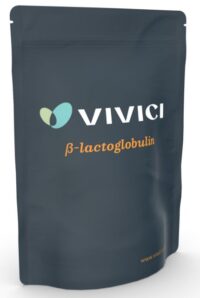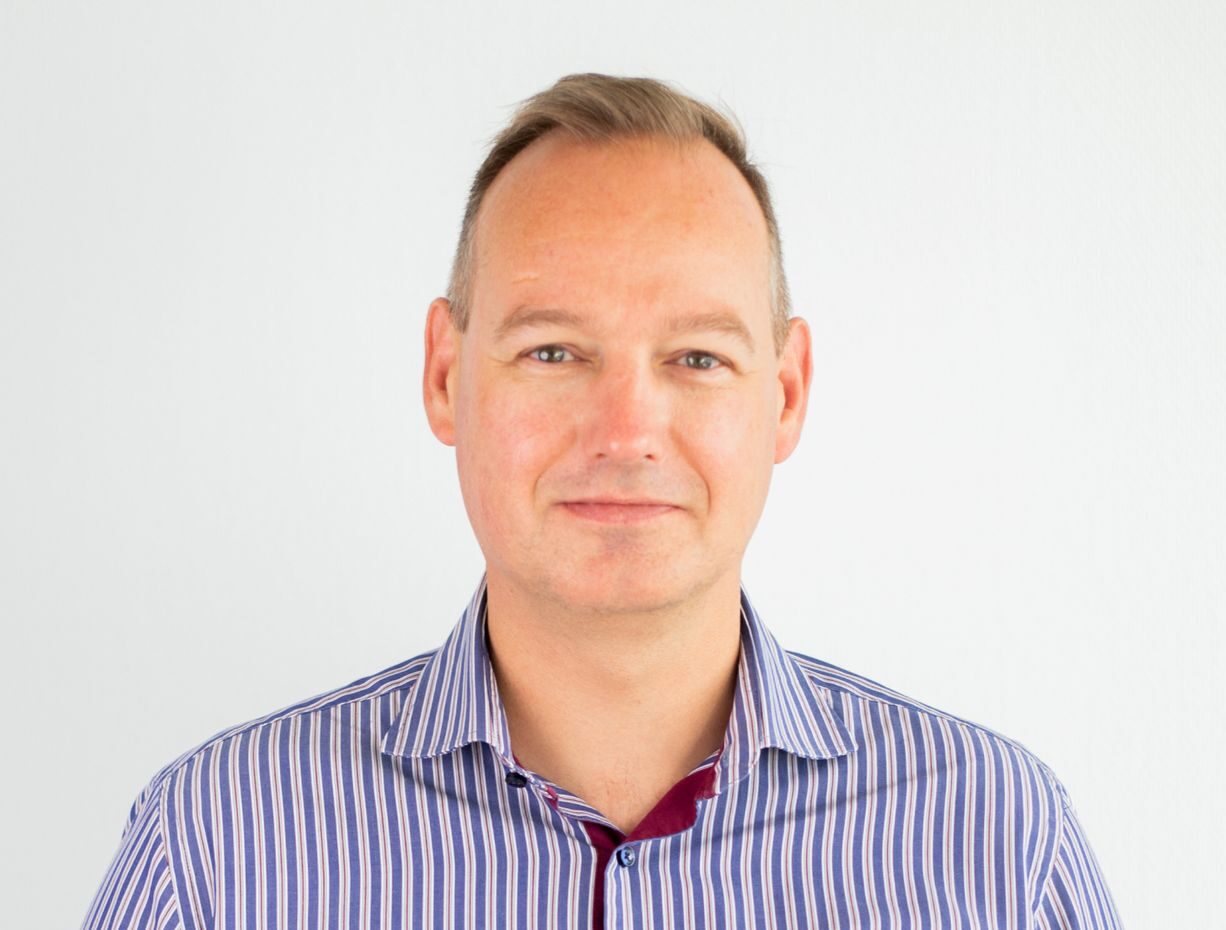Vivici—a startup formed by Fonterra and DSM-Firmenich to disrupt the emerging ‘animal-free dairy’ category—says it is already in a position to supply commercial quantities of whey protein from fermentation to the US market, just over a year after it was created.
The Netherlands-based startup, which has self-affirmed GRAS (Generally Recognized as Safe) status in the USA, has been able to move unusually rapidly by leveraging its founders’ expertise in dairy proteins and industrial-scale biomanufacturing, CEO Stephan van Sint Fiet told AgFunderNews.
“Vivici draws upon proprietary biotechnology with yeast strains which have been industrially optimized for decades.”
Vivici has completed scale up activities from lab to commercial scale production with a recent successful tech transfer to 120m³ fermenter and will be working with partners in Europe and the US on commercial manufacturing, he explained.
“We are already at commercially viable, very competitive titers; however we are not stopping here. We are actively working on both classical strain optimization improvements to take our productivity further, and in parallel working with partners on the next generation of technologies which will enable us to realize the reality of continuous fermentation.”
But he added: “Creating a dairy protein ingredients business using precision fermentation isn’t just about biotechnology. Robust capabilities are required across the full value-chain from R&D, manufacturing, regulatory, supply chain, application development, marketing, to post-sales support. We have a team well versed in building and running successful ingredients businesses.”

Asked about pricing, van Sint Fiet said: “Vivici has a credible path to price parity with whey protein from traditional milk. We have identified the key cost levers and are systemically addressing them.”
A better whey?
Vivici’s market entry comes a week after Nestlé unveiled a limited edition of Orgain protein powder (‘Better Whey’) featuring beta-lactoglobulin from fermentation, which it positioned as more sustainable and ‘easier to digest’ than regular whey (which contains a complex mix of proteins and other components).
While some large manufacturers are expressing interest in beta-lactoglobulin from fermentation as a means to reduce their carbon footprint, said van Sint Fiet, it also presents some advantages for formulators over whey protein isolates currently on the market.
“Beta-lactoglobulin is known for its rapid absorption, it has 29% BCAA and 16% leucine, which is optimal for fitness enthusiast consumers focused on muscle growth and recovery. Vivici’s high purity beta-lactoglobulin, coupled with the BCAA and leucine profile delivers this superiority vs a whey protein isolate in active nutrition applications.”
Noting that almost one million tons of whey protein is sold annually, the “market potential is tremendously exciting,” claimed van Sint Fiet.
“We have developed a deep understanding of our ingredient and how it performs in a variety of different food & beverage applications, and we leverage this knowledge to partner with our customers on their product development, supporting everything from application formulation to launch marketing.”
Microbes, not cows: Scaling animal-free dairy
Vivici is one of a small but rapidly-growing number of firms making dairy proteins with microbes instead of cows, joining players such as US-based Perfect Day, New Culture and Change Foods; Israel-based Imagindairy and Remilk; Germany-based Formo; Belgium-based Those Vegan Cowboys; France-based Bon Vivant and Standing Ovation; Australia-based Eden Brew; India-based Zero Cow Factory; Spain-based Real Deal Milk; UK-based Better Dairy, and South Africa-based De Novo Foodlabs.
Perfect Day, which installed an interim CEO in the New Year following the departure of its two cofounders, has been working with co-manufacturers but says it is working on building in-house capacity. The firm teased a launch with a leading CPG company in early January but has not made any announcements since.
Remilk hit pause on plans to build a large-scale precision fermentation facility in Denmark and has instead been ramping up production of beta-lactoglobulin with a contract manufacturer in western Europe.
Imagindairy, meanwhile, recently acquired industrial-scale precision fermentation production lines at an undisclosed location “in close proximity to Israel” and says it expects products containing its animal-free whey protein to launch in the US this year.
Speaking to AgFunderNews last week, Bon Vivant cofounder Stéphane Mac Millan said large CPG companies were looking to reduce their carbon footprint but claimed that basic economics would ultimately drive demand for dairy proteins from fermentation.
“Demand for dairy is growing and milk production is falling, so I’m very confident that there will be a market for this.”





